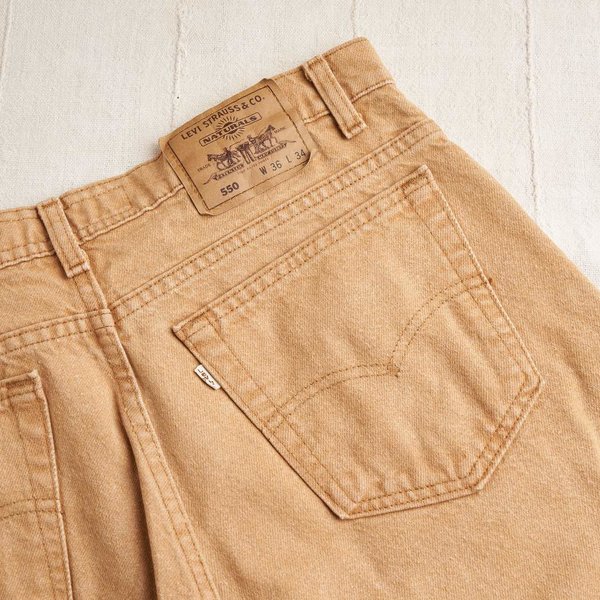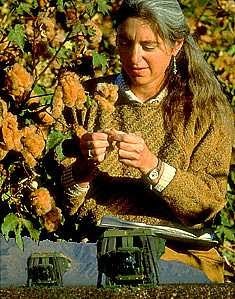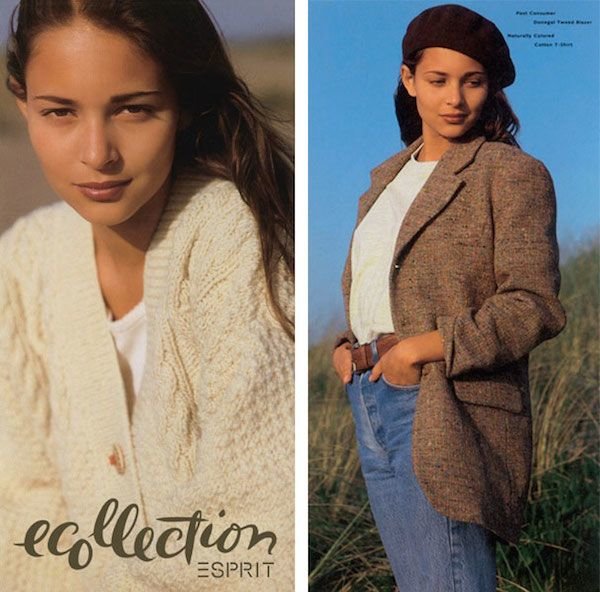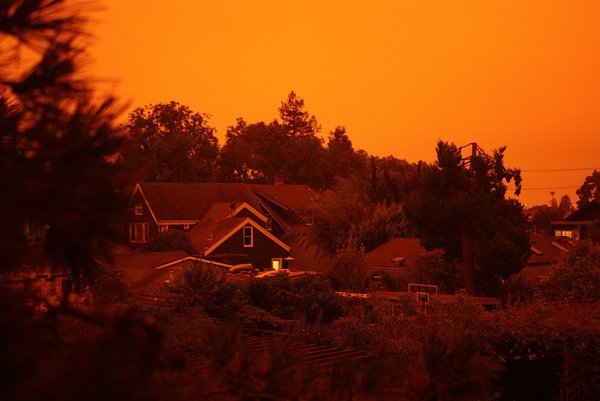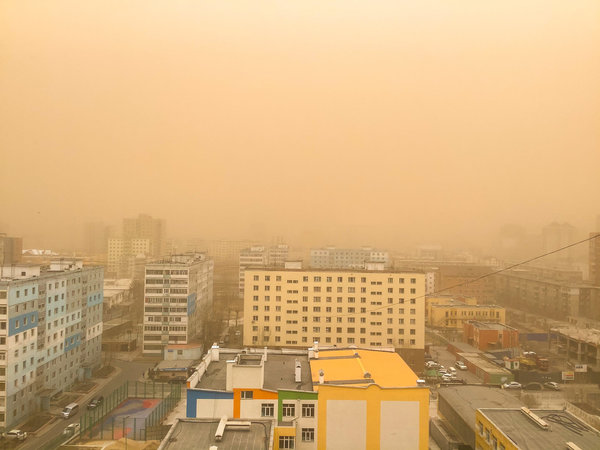FlyingMonkey
Distinguished Member
- Joined
- Sep 5, 2011
- Messages
- 7,131
- Reaction score
- 11,036
Private property is the solution to these problems. Commons can't sustain large use.
Sorry but this is incorrect. Read (Nobel prize-winning) economist, Elinor Ostrom, on commons. Garrett Hardin was entirely wrong and didn't even understand what a 'commons' actually was/is and as a result generations of people reading him have been misled by 'the tragedy of the commons', which has become a cliché without having a firm foundation. Clue: it doesn't mean a free-for-all. And your solution (which historically was called 'enclosure') is exactly what led us to the environmental disasters we are currently facing.
Last edited:



